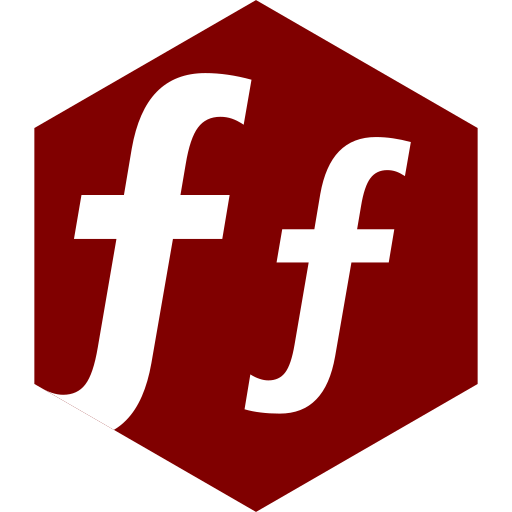funfix-exec
Sub-project of Funfix, contains low level utilities and data types for building higher level concurrency tools.
Contents
Scheduling tasks for asynchronous execution:
| Future | a lawful, fast, cancelable alternative to JavaScript's Promise |
| Scheduler | the alternative to using setTimeout for asynchronous boundaries or delayed execution |
In support for futures and schedulers, ICancelable data types are introduced for dealing with cancellation concerns:
| ICancelable and Cancelable | for expressing actions that can be triggered to cancel processes / dispose of resources |
| IBoolCancelable and BoolCancelable | for cancelable references that can be queried for their isCanceled status |
| IAssignCancelable and AssignCancelable | for cancelable references that can be assigned (behave like a box for) another reference |
| MultiAssignCancelable | being a mutable cancelable whose underlying reference can be updated multiple times |
| SingleAssignCancelable | for building forward references, much like MultiAssignCancelable except that it can be assigned only once, triggering an error on the second attempt |
| SerialCancelable | being like a MultiAssignCancelable that cancels its previous underlying reference on updates |
And also types for expressing durations:
| TimeUnit | inspired by Java's own enumeration, representing time | elated units of measurement |
| Duration | inspired by Scala's own type, as a type safe representation for durations |
Usage
You can depend on the whole funfix library, by adding it to
package.json:
npm install --save funfix
In this case imports are like:
import { Future } from "funfix"
Or for finer grained dependency management, the project can depend
only on funfix-exec:
npm install --save funfix-exec
In this case imports are like:
import { Future } from "funfix-exec"
Usage sample:
import { Future } from "funfix"
const f1 = Future.of(() => "hello")
const f2 = Future.of(() => "world")
const greeting = Future.map2(f1, f2, (a, b) => a + " " + b)
greeting.onComplete(r => {
r.fold(console.error, console.info)
})
Modules: UMD and ES 2015
The library has been compiled using UMD (Universal Module Definition), so it should work with CommonJS and AMD.
But it also provides a module definition in package.json, thus
providing compatibility with
ECMAScript 2015 modules, for usage when used with a modern JS engine,
or when bundling with a tool chain that understands ES2015 modules,
like Rollup or Webpack.
Index
Classes
Interfaces
Type aliases
Variables
Object literals
Type aliases
FutureTypes
Variables
Const DAYS
Time unit for representing days.
Const HOURS
Time unit for representing hours.
Const MICROSECONDS
Time unit for representing microseconds, where 1 microsecond is one thousandth of a millisecond.
Const MILLISECONDS
Time unit for representing milliseconds, where 1 millisecond is one thousandth of a second.
Const MINUTES
Time unit for representing minutes.
Const NANOSECONDS
Time unit for representing nanoseconds, where 1 nanosecond is one thousandth of a microsecond.
Const SECONDS
Time unit for representing seconds.
Object literals
Const FutureModule
Type-class implementations, compatible with the static-land
specification.
of
ap
chain
chainRec
map
Generated using TypeDoc

Type enumerating the type classes implemented by
Future.